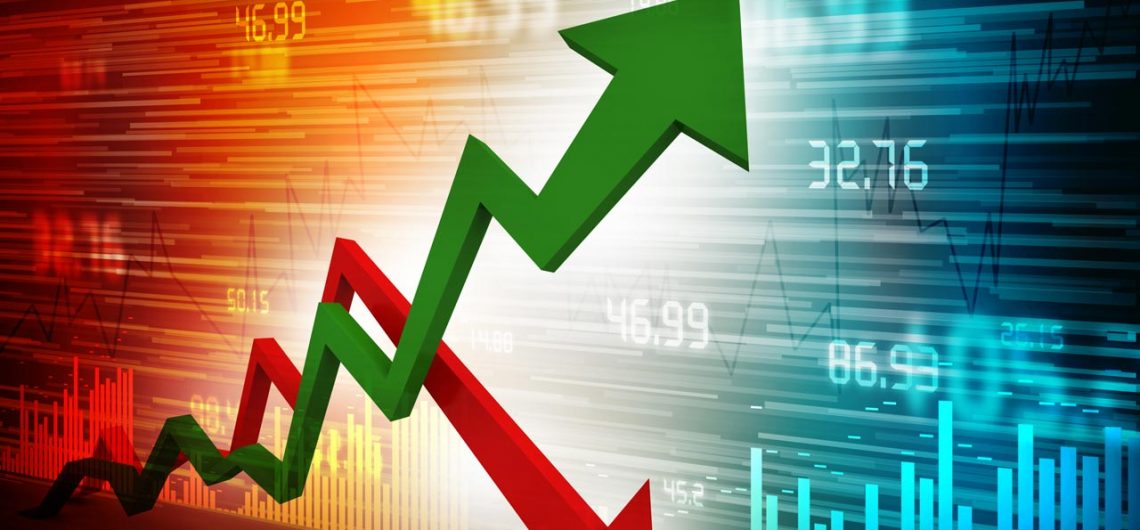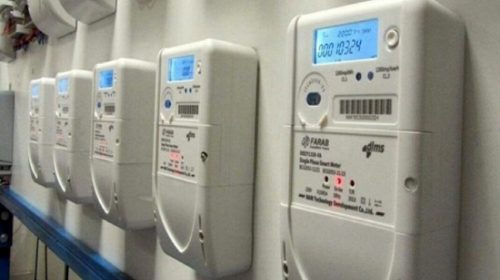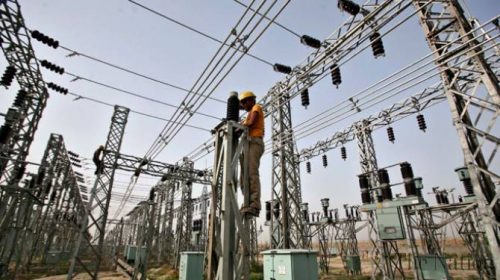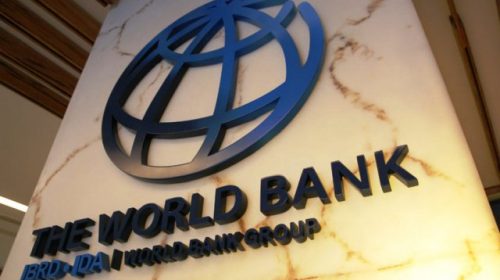Inflation Peaks At 11.37% In April 2019—NBS

National Bureau of Statistics (NBS) has disclosed that Consumer price index, (CPI) which measures general rise in prices of goods and services has risen to 11.37 per cent in April 2019.
This showed 0.12 per cent points higher than the rate recorded in March (11.25) per cent.
According to the Bureau, increases were recorded in all COICOP divisions that yielded the Headline index. It said “On month-on-month basis, the Headline index increased by 0.94 per cent in April 2019, this is 0.15 per cent rate higher than the rate recorded in March 2019 (0.79) per cent. The percentage change in the average composite CPI for the twelve months period ending April 2019 over the average of the CPI for the previous twelve months period was 11.31 per cent, showing 0.09 per cent point from 11.40 per cent recorded in March 2019.
“The urban inflation rate increased by 11.70 per cent in April 2019 from 11.54 per cent recorded in March 2019, while the rural inflation rate increased by 11.08 per cent in April 2019 from 10.99 per cent in March 2019. On a month-on-month basis, the urban index rose by 1.00 percent in April 2019, up by 0.19 from 0.81 percent recorded in March 2019, while the rural index also rose by 0.90 percent in April 2019, up by 0.13 from the rate recorded in March 2019 (0.77) percent. The corresponding twelve-month year-on-year average percentage change for the urban index is 11.69 percent in April 2019. This is less than 11.78 percent reported in March 2019, while the corresponding rural inflation rate in April 2019 is 11.00 percent compared to 11.08 percent recorded in March 2019”.
The Bureau further said in the April report “The composite food index rose by 13.70 per cent in April 2019 compared to 13.45 per cent in March 2019. This rise in the food index was caused by increases in prices of Meat, Fish, Oils and fats, Bread and cereals, Fish, Milk, Cheese and egg, Potatoes, yam and other tubers, Fruits and Vegetables. On month-on-month basis, the food sub-index increased by 1.14 percent in April 2019, up by 0.26 percent points from 0.88 percent recorded in March 2019. The average annual rate of change of the Food sub-index for the twelve-month period ending April 2019 over the previous twelve-month average was 13.34 percent, 0.08 percent points from the average annual rate of change recorded in March 2019 (13.42) percent.
“All items less farm produce’’ or Core inflation, which excludes the prices of volatile agricultural produce stood at 9.3 per cent in April 2019, down by 0.2 per cent when compared with 9.5 per cent recorded in March 2019. On month-on-month basis, the core sub-index increased by 0.70 percent in April 2019. This was up by 0.17 percent when compared with 0.53 percent recorded in March 2019. The highest increases were recorded in prices of Medical services, Hospital services, Dental Services, Actual and imputed rentals for housing, Cleaning, repair and hire of clothing, Tobacco, Vehicle spare parts, Major household appliances, tobacco and garments. The average 12-month annual rate of change of the index was 9.91 percent for the twelve-month period ending April 2019; this is 0.13 percent points lower than 10.04 percent recorded in March 2019.
“In April 2019, all items inflation on year on year basis was highest in Kebbi (14.82%), Bauchi (14.42%) and Zamfara (13.99%), while Abia (10.12%) Delta (9.94%) and Cross River (9.48%) recorded the slowest rise in headline Year on Year inflation. On month on month basis however, April 2019 all items inflation was highest in Bauchi (2.10%), Kebbi (1.88%) and Ogun (1.63%), while Plateau (0.35%), Rivers (0.28%) and Kogi (0.18%) recorded the slowest rise. In April 2019, food inflation on a year on year basis was highest in Kaduna (16.77%), Kebbi (16.75%) and Kwara (16.34%), while Rivers (12.01%), Bayelsa (11.25%) and Kogi (10.49%) recorded the slowest rise. On month on month basis however, April 2019 food inflation was highest in Edo (2.55%), Kebbi (2.34%) and Ogun (2.28%), while Rivers recorded no change, Abuja and Kogi recorded food price deflation or negative inflation (general decrease in the general price level of goods and services or a negative inflation rate)”.







Leave a Reply